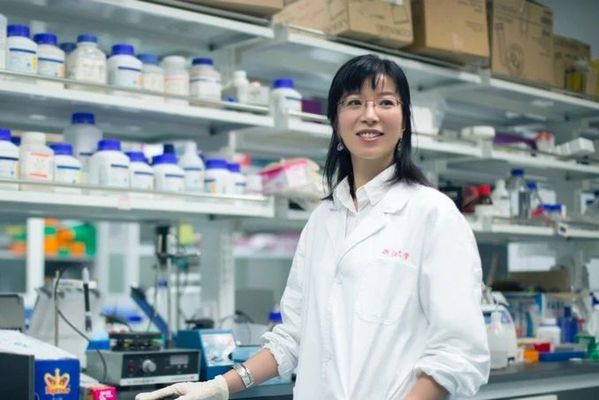Prof. HU Hailan, Dean of the School of Brain Science and Brain Medicine, Zhejiang University School of Medicine. Her research focuses on understanding the brain mechanisms behind emotional and social behaviors, with a particular interest in dominance hierarchy and depression. She has been recognized with prestigious awards, including the L'Oréal-UNESCO for Women in Science Award and the IBRO-Kemali International Prize. In this interview, Prof. Hu shares insights into her recent discoveries, including the impact of ketamine on the brain and the potential for innovative treatment strategies. She also provides advice for aspiring young scientists.

Q: Could you brief us on your research?
A: My lab studies the brain mechanisms of emotional and social behaviors, with a particular focus on dominance hierarchy and depression. By understanding how these behaviors are encoded in the brain and how they are shaped by experience through plastic changes in the relevant neural circuits, I hope our work will shed light on new treatment strategies for emotional disorders.
Q: What has been the most interesting discovery in your field recently?
A: We made some advances in understanding the rapid and effective impact of ketamine on a small area of the brain called the habenula, an area that becomes highly activated during depression. It transpires that ketamine is distinctly more efficient than traditional anti-depressants. Identifying this direct connection has therefore shed new light on the etiology of the ill. Along this line of research, we further discovered neural mechanism underlying depressive like state associated with social status loss. This work just came out this year.
Q: What sparks your interest in neuroscience and this specific area?
A: Psychiatric diseases inflict enormous misery and burden on individuals, families and society. Compared with some other disciplines, neuroscience is still at a relatively infant stage. I hope that our findings in basic science will help the public understand that emotional disorders such as depression are not just psychological problems but have a biological basis. Meanwhile, in the long-term, based on the disease mechanism and brain targets that we discover, we hope to develop new drugs and innovative treatment strategies that can advance the treatments of depression.
Q: How has being at Zhejiang University helped your research?
A: Zhejiang University boasts a full spectrum of disciplines that are all developing vigorously. The diversity of fields offered here is remarkably beneficial for the birth and development of new cross-disciplinary areas. Also, I have very much enjoyed working with the wonderful researchers and students in the School of Brain Science and Brain Medicine, ZJU, the first school focusing on brain science and brain medicine in China. Together, we hope to create a world-class center for neuroscience research. We are and will be striving to make breakthroughs in dissecting neural mechanisms as well as in discovering novel theories and developing new technologies for the diagnosis and treatment of major neurological and psychiatric diseases.
Q: As a woman scientist, what advice do you have for girls who aspire to pursue an academic career?
A: In this age with rapid changes, you never know what will be the social favorite three months later, but there are reliables and dependables in science in the many years to come. The self-esteem built upon science is much more reliable than the self-esteem built upon the so-called mainstream images. So if you love science, do not be afraid to become a scientist!